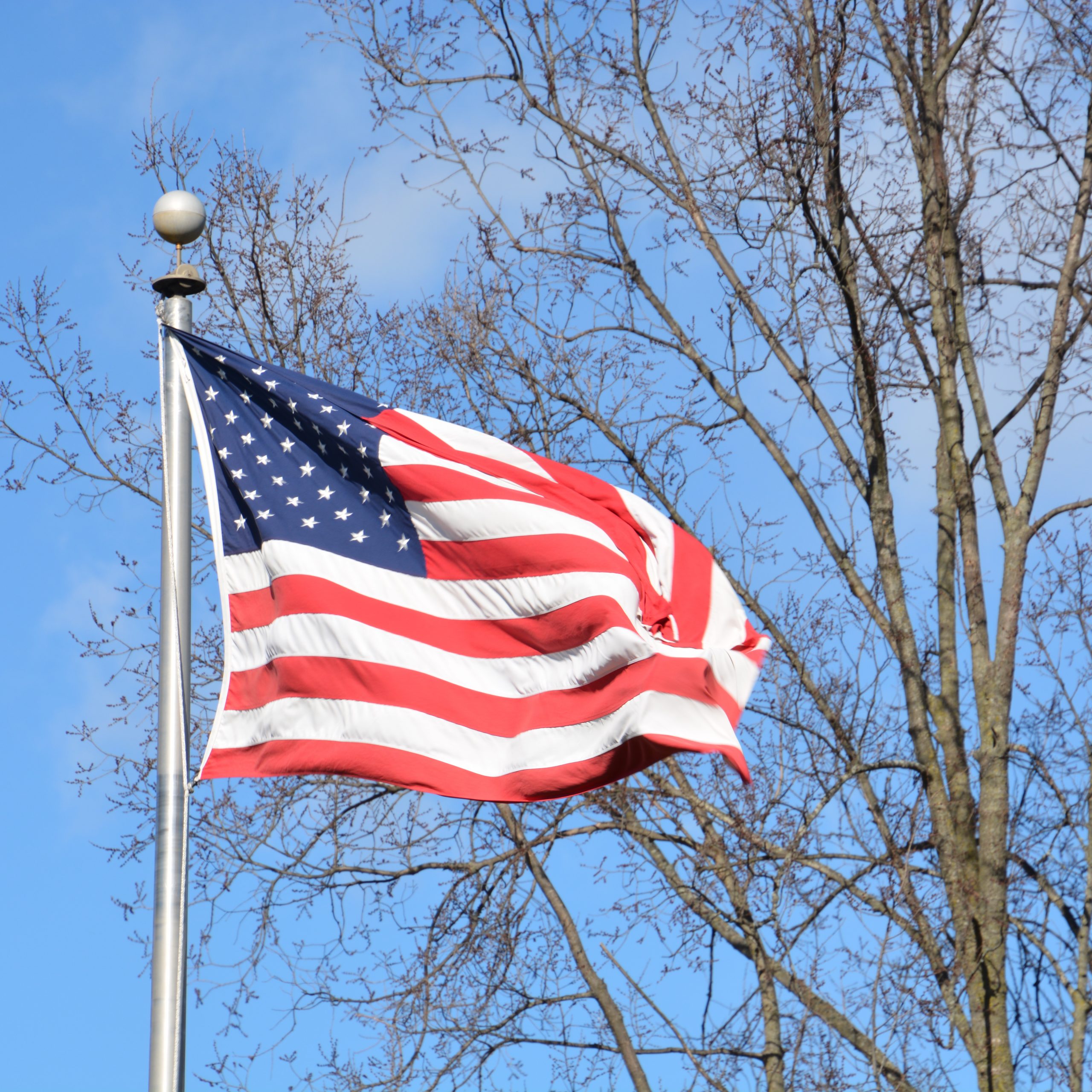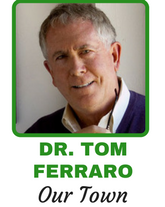When my publisher Steve Blank asked me to join a Town Hall Meeting, I was happy to do so. It is not every night that I get to sit and chat with intellectual luminaries.
Steve Blank is a Pulitzer Prize nominee and publisher, Judy Epstein is a humorist who was an award-winning producer of The Bill Moyers Show, Michael D’Innocenzo is a Hofstra professor of American history and Andrew Malekoff was the director of North Shore Child and Family Guidance Center. And then there was me, a sport psychologist. We are the weekly columnists for the newspapers of The Blank Slate Media.
Our televised conversation touched upon the current zeitgeist in America with all our anomie, existential dread and rage. Here is what our free-floating conversation touched upon;
1) Judy Epstein began talking about the vagaries of these virtual meetings whereby the audience gets to see into your private space whatever it may look like. Since none of us are particularly well trained in set design, the background is invariably odd.
When I do these Zoom calls, I know that the light I use casts horrific shadows on my face and ages me more than my already ancient 73 years. And my bookcases in the background are unkempt and off-putting.
2) The impact of the pandemic on kids and adults in Nassau County was discussed. Andrew Malekoff remarked that the outcome of the pandemic can best be summed up with the word ‘loss.’
We all lost loved ones, a sense of safety and most importantly we all lost a way of life. What he meant by that is that we lost all the social structures that seem to be essential for mental health. We lost the very ordinary and every day social processes like kids getting on busses and going to school thereby giving parents respite. We lost sports activities which mean kids lost a chance to participate in physical and social activities. Kids also lost things like graduation ceremonies, proms, music events etc. And finally, we lost the chance to mourn with the removal of funeral processing.
3) Michael D’Innocenzo, our history professor also talked about loss of social connection and about how President Biden was quietly attempting to establish ‘communal cores’ or places where regular citizens would gather just to chat about things. This is what Starbucks so wisely capitalized on.
But alas if you go to Starbucks, you will not be engaged in café life in any real way but rather will be sitting at a long table hunched over and engaged in a conversation with your computer. Michael was making a plea for a return of the Third Place, a place which is not home nor work but a third neutral place to meet neighbors. The piazzas in Italy are like this but we have a critical lack of these communal environments in America. Michael said that meeting neighbors this way could remedy and overcome our paranoid divisiveness which now dominates our political and even our social life.
4) Our conversation turned to sports and over competitiveness in America. I referenced the Matthew Stewart piece entitled “The Birth of the New Aristocracy” where he outlined the wall that has been carefully built by the upper 10 percent of Americans who have invested huge dollars to live in golden zip codes, join country clubs, and have their kids attend only the very best schools. All this to guarantee that they will maintain their social status and standing.
Andrew Malekoff said this has produced major stress and anxiety in the kids today. Sport perfectly reflects this desperate effort to be on top and obtain pride in a society that seems to demand one must be number one or you’re a loser.
5) Finally Judy remarked that American value system seems to be that if you are not among the top of the top, you simply cannot feel good about yourself and must instead feel shame, anonymity and embarrassment. I think this kind of shame and envy may be why we are seeing such a rash of mass shootings over the last thirty years. This the winter of America’s discontent. The question of America’s core values which is never far from money, money and lots more money in order to buy stuff. Madison Avenue has done a particularly good job of commodifying and selling pride, status and happiness.
Abraham Maslow and Rollo May led a short-lived movement in American psychology called existential psychology which simply suggested that deeper values like beauty, growth, courage, mastery and self-actualization are far more meaningful than conspicuous consumption but alas existentialism was no match for Madison Avenue and the movement failed before it started.
6) The final discussion was Steve wondering about exactly how fragile American democracy is with Michael D’Innocenzo suggesting that indeed it may be as fragile as we all fear. My sense is that democracy will undergo changes but the system that is far more powerful than any political ideology is capitalism where ‘money talks and nobody walks.”
We talked about choking in sports, the role of the press in American life and even a bit about how the unconscious plays a big role in all our lives. If you want to hear the whole show I am sure there is a link on islandnow.net website.
I enjoyed my participation in Steve Blank’s marketplace of ideas and we all owe him our gratitude and thanks for having the good will, courage and the energy to put all these shows together.
So thank you Steve Blank.




